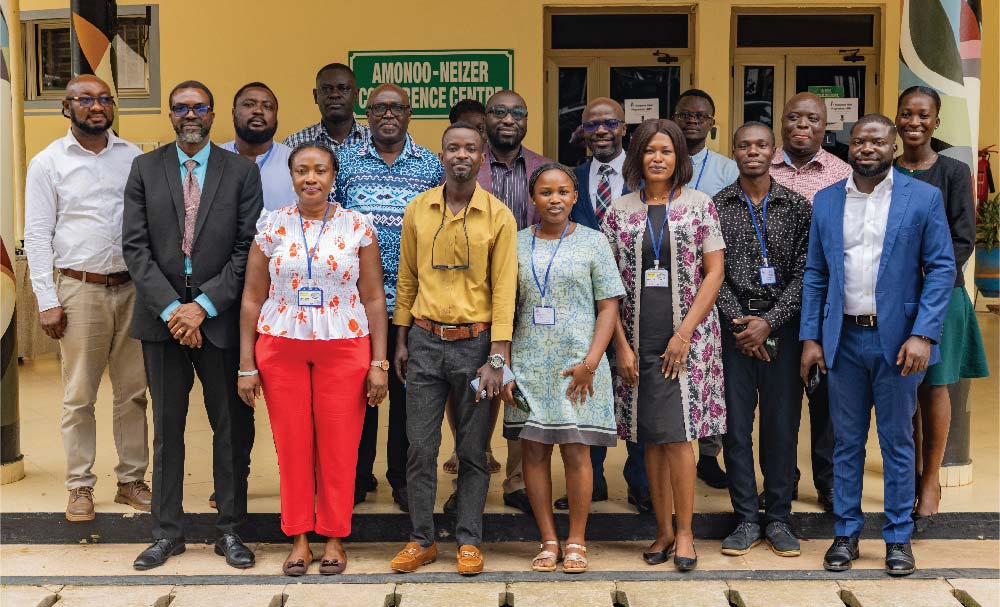The University Hospital of the Kwame Nkrumah University of Science and Technology (KNUST) Kumasi, in collaboration with the Radiation Protection Institute (RPI) of the Ghana Atomic Energy Commission (GAEC), has held a five-day training course on radiation protection and safety for medical professionals.
The programme was designed to equip radiologists, radiographers, X-ray technicians, biomedical engineers and nuclear medicine personnel with the knowledge and skills to ensure safe use of ionizing radiation in medical practice.
Participants received Continuing Professional Development (CPD) points accredited by the Allied Health Professions Council, Ghana.
Opening the training, Dr. Nana Kwame Ayisi-Boateng, Director of Health Services at KNUST, stressed the importance of human resource development in the peaceful use of radiation, particularly in medicine.
He said radiation plays a key role in Ghana’s socio-economic development and in safeguarding public and environmental health. He highlighted three key focus areas of the course, balancing image quality with radiation dose, preventing overexposure, and promoting effective risk communication.
“The goal should be optimization, not compromise,” Dr. Ayisi-Boateng said, adding that the training strengthens safety culture and improves professional practice in health institutions.
Dr. Eric T. Glover, Director of the Radiation Protection Institute, outlined the scope of the training and urged participants to uphold the highest standards of radiation safety for patients, workers and the public.
He said the course covered risk management, safe work practices and contingency planning. “Ionizing radiation can cause biological changes, and these can be harmful if not properly managed,” he warned.
Professor Stephen Inkoom delivered a presentation on radiation quantities, units and measurements, explaining how radiation is produced, measured and managed in medical and industrial contexts.
He urged hospitals to protect not only full-time workers but also students and interns exposed to radiation. “Every radiation user must be properly monitored to avoid accidental overexposure,” he said.
Professor Inkoom also noted that understanding how radiation interacts with matter is essential, since accurate measurement and calculation are central to both science and engineering.

















